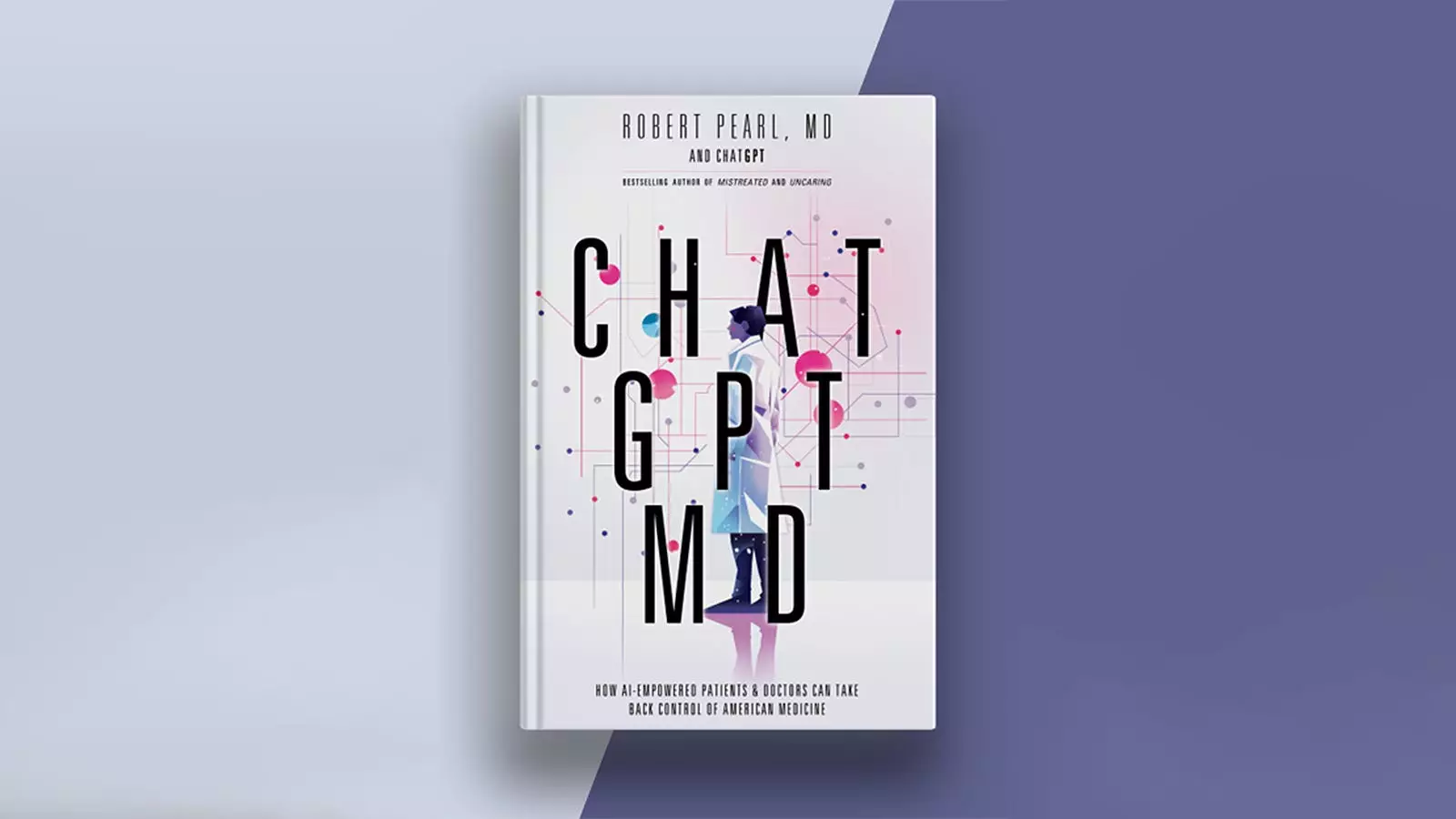The introduction of the printing press by Johannes Gutenberg in 15th-century Mainz, Germany revolutionized the accessibility of knowledge. What once took months or years of hand transcription could now be completed in days, making books a mass-manufactured commodity available to the public. This leap marked a crucial moment in the democratization of knowledge, shifting it from an elite privilege to a widely accessible resource.
In the mid-20th century, the emergence of the internet as a technological leap further expanded access to information on a global scale. Originally a government defense project, the World Wide Web evolved into a dynamic force that reshaped societies by providing unprecedented access to knowledge. The internet broke down geographical barriers to education and information, transforming the way individuals interacted with the world.
The introduction of the iPhone in 2007 marked a significant milestone in the evolution of knowledge accessibility. This device wasn’t just a phone; it was a gateway to the world’s knowledge and information. By putting libraries and the internet into the pockets of millions, the iPhone facilitated immediate access to information, making it easier for doctors to research medical topics and stay updated on the latest treatments.
While advancements in technology have made medical information more accessible to doctors, patients have not benefited as much. Navigating medical information online without the necessary expertise often leads to confusion and misinformation. Patients may find themselves overwhelmed by unverified sources, highlighting the crucial distinction between accessing medical information and applying actionable medical expertise.
As technology continues to evolve, platforms like ChatGPT are poised to empower patients with access to medical information and expertise. Generative AI has already revolutionized various disciplines, enabling individuals without specific training to excel in complex skills. With the right tools and training, patients will soon be able to accurately diagnose medical conditions, monitor chronic diseases, and make informed decisions about their healthcare.
The future of American medicine is on the horizon, with the potential for patients to take a more active role in their healthcare decisions. As generative AI advances and becomes more accessible, individuals without medical training will have the ability to navigate complex medical information and make informed choices about their well-being. The democratization of medical expertise promises to revolutionize the patient-doctor relationship and redefine the landscape of healthcare in the 21st century.
Dr. Robert Pearl, a Stanford University professor and former CEO of Kaiser Permanente, envisions a future where medical expertise is within reach of anyone with a computer or smartphone. As technology continues to advance and generative AI transforms the way we interact with information, patients will have the tools they need to become active participants in their healthcare journey. The democratization of medical knowledge holds the key to unlocking a new era of patient empowerment and personalized healthcare.


Leave a Reply